
Pakistan is cleverly insulating the Kartarpur corridor from escalated rhetoric to get support of extremist Sikhs
It looks like the Kartarpur corridor is inching closer to reality with both India and Pakistan holding technical level talks on the project, insulating it from the vituperative political rhetoric that has been bandied about after the revised status of Jammu and Kashmir. The meeting pertained to the alignment of the corridor and sharing of coordinates of border crossing points and other infrastructure. Since the Pakistan foreign office described it as “good progress”, one can assume that there has now been some agreement on building a bridge also on the other side that would help pilgrims cross over a creek during seasonal floods. The proposed corridor will connect Darbar Sahib in Pakistan’s Kartarpur with Dera Baba Nanak shrine in Gurdaspur district and facilitate visa-free movement of Indian Sikh pilgrims, who will have to just obtain a permit to visit the shrine established in 1522 by Sikh faith founder Guru Nanak Dev. That Pakistan has managed to keep this part of diplomacy operable despite Pulwama and now Kashmir is completely antithetical to its Prime Minister Imran Khan’s belligerence on Kashmir becoming a nuclear flashpoint, closure of fly paths and blockade of trade and transit. Clearly, now that its level-playing field has been upturned in Jammu and Kashmir, and with both the West and the Islamic world supporting India’s position on its changed status, Pakistan doesn’t want to isolate the Sikhs or lose the bogey of Khalistan. Just a week ago, its former Army chief Gen Mirza Aslam Beg openly advised the military and the government to use the Kartarpur corridor for Khalistan terror and “create trouble for India.” Truth be told, neither can India afford to be on low gear. Which is why within hours of the latest meeting, Home Minister Amit Shah declared that India would finish its part of the corridor project by the 550th anniversary of Nanak in November.
While announcing the Kartarpur project initially, Pakistan had appointed several Khalistani separatists on the committee, much to India’s discomfort. Recently, it even got pro-Khalistani supporters to challenge the reorganisation of Kashmir. No matter how hard India may try to make Kartarpur a matter of people-to-people exchange, the fact is that Pakistan’s initiative on the Kartarpur corridor is not entirely free of politics. It seized the first mover’s advantage in the propaganda warfare by declaring its intention to operationalise it soon after Punjab Chief Minister Amarinder Singh blamed Pakistan and the ISI for the grenade attack on a Nirankari gathering near Amritsar. With that announcement, it got its own minority Sikhs on board, a favourable opinion from the extended community around the world, revived the hardline Khalistan sentiment and eventually tried to foment disturbance in Punjab. India had no choice but to get into the act immediately before it could assess if it was another attempt by Pakistan to woo the Sikh community. Pilgrimages between India and Pakistan are governed by the 1974 Protocol on Visits to Religious Shrines, but Kartarpur being not on that list, needs a separate code of engagement, one where both sides are still jousting for a say. India has to be alert that the base camp on the Pakistan side doesn’t become a hotbed for Khalistani propaganda and meetings in the name of allowing faith congregations. Pakistan’s haste in pushing the corridor in the Imran Khan regime after years of dilly-dallying did raise questions about its intentions. The first demand for a visa-free access was made by the then Prime Minister Atal Bihari Vajpayee in 1999. In 2004, Dr Manmohan Singh suggested a corridor as Prime Minister. On both occasions, there was no positive response. However, the very day Khan took oath as Prime Minister, the message for opening the corridor was conveyed by Pakistan Army Chief Qamar Javed Bajwa to Punjab Minister and Congress leader Navjot Singh Sidhu, knowing full well the latter’s flamboyance and ability to shoot off his mouth, which he did. The “deep state” had succeeded in championing a delicate cause for the Sikhs. General Bajwa stood in Kartarpur shaking hands with known Khalistani face Gopal Singh Chawla, much to India’s discomfiture. Pakistan is trying to project itself as a champion of minority rights and religious freedoms and India cannot afford to let its guard down or allow a new domestic crisis to brew. Pakistan would like to use faith to forge another front in its proxy war though.
Writer & Courtesy: The Pioneer







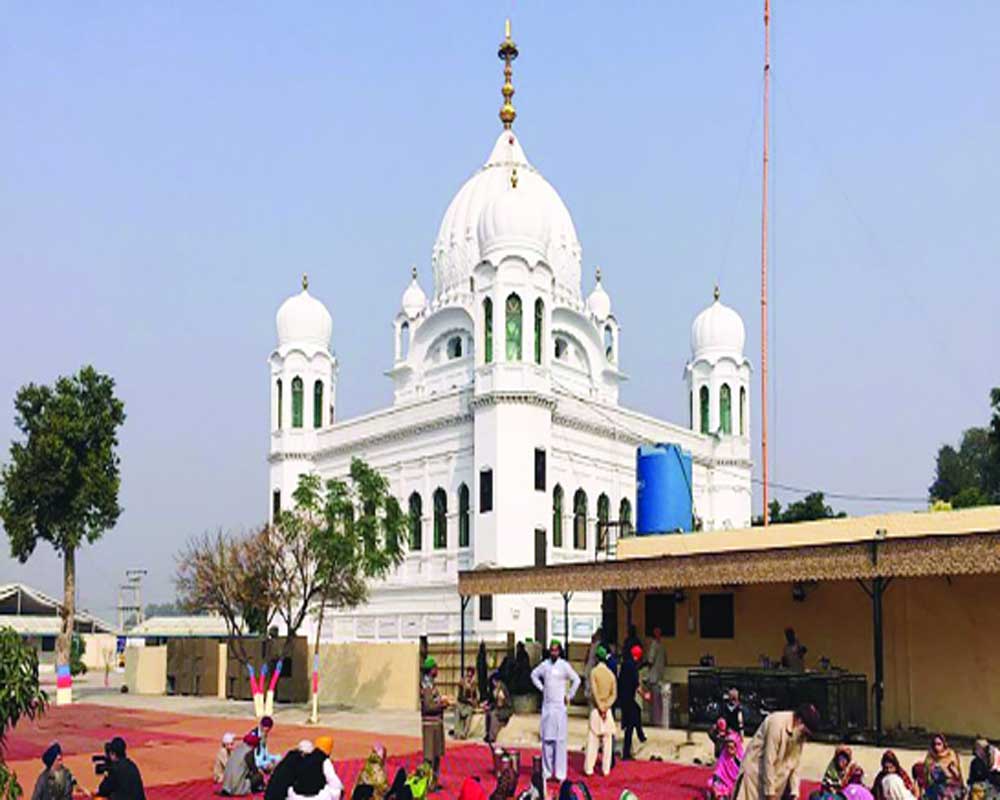
 OpinionExpress.In
OpinionExpress.In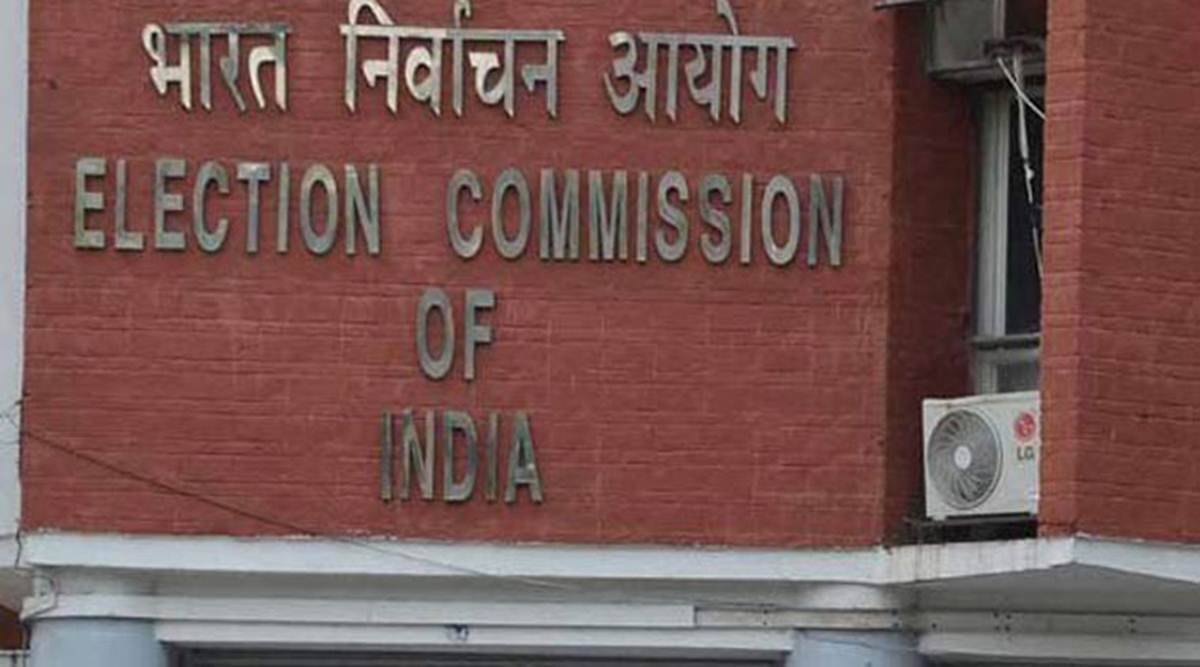
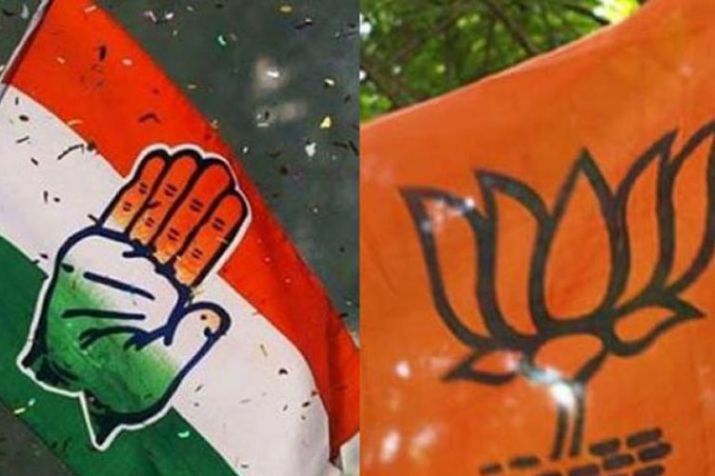
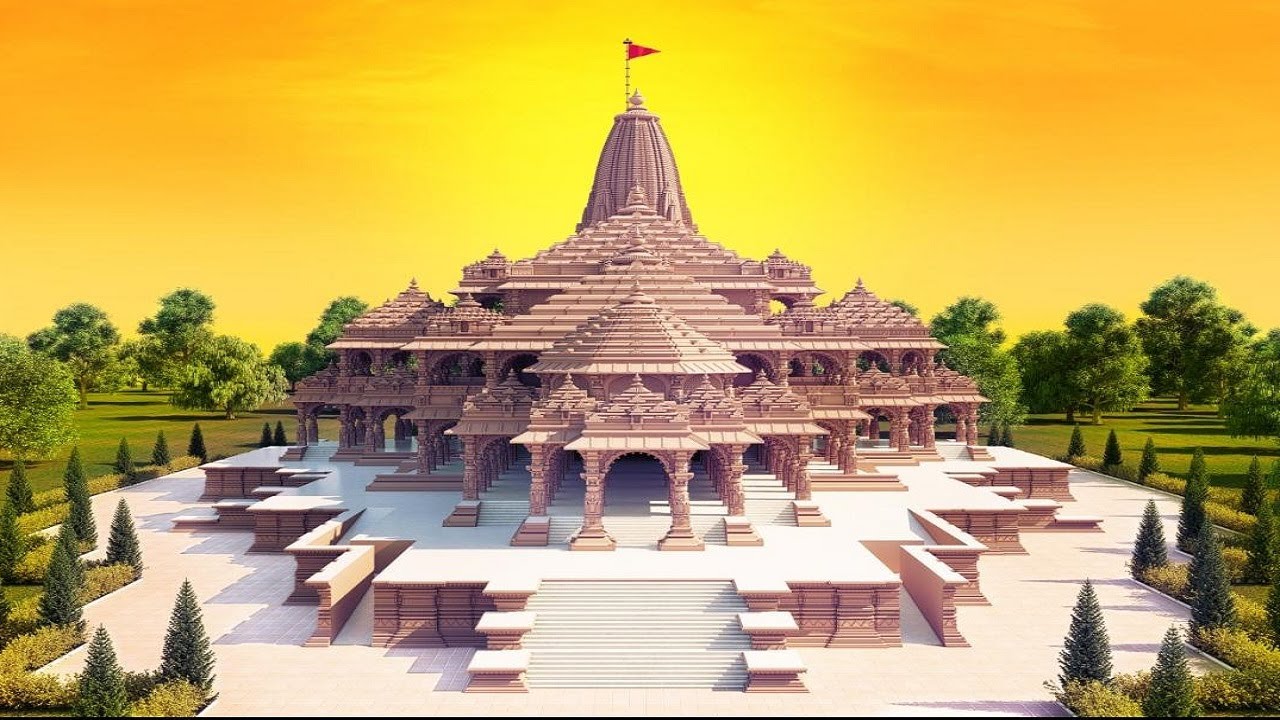
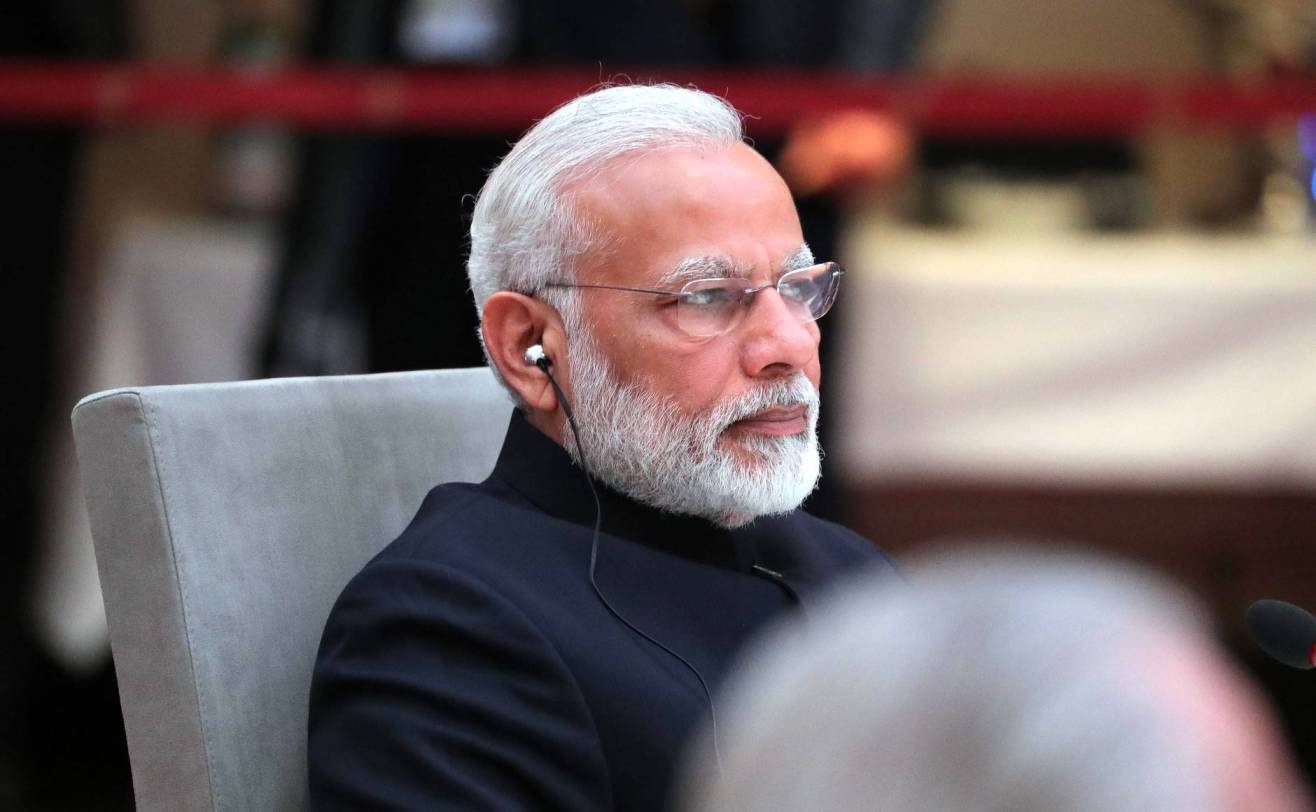
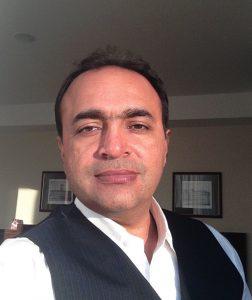
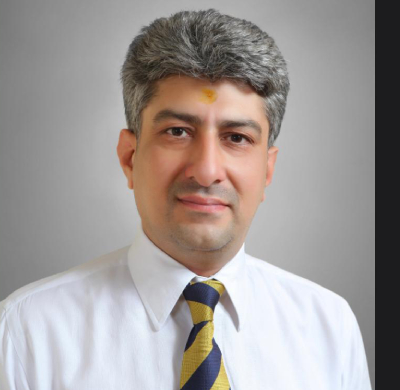
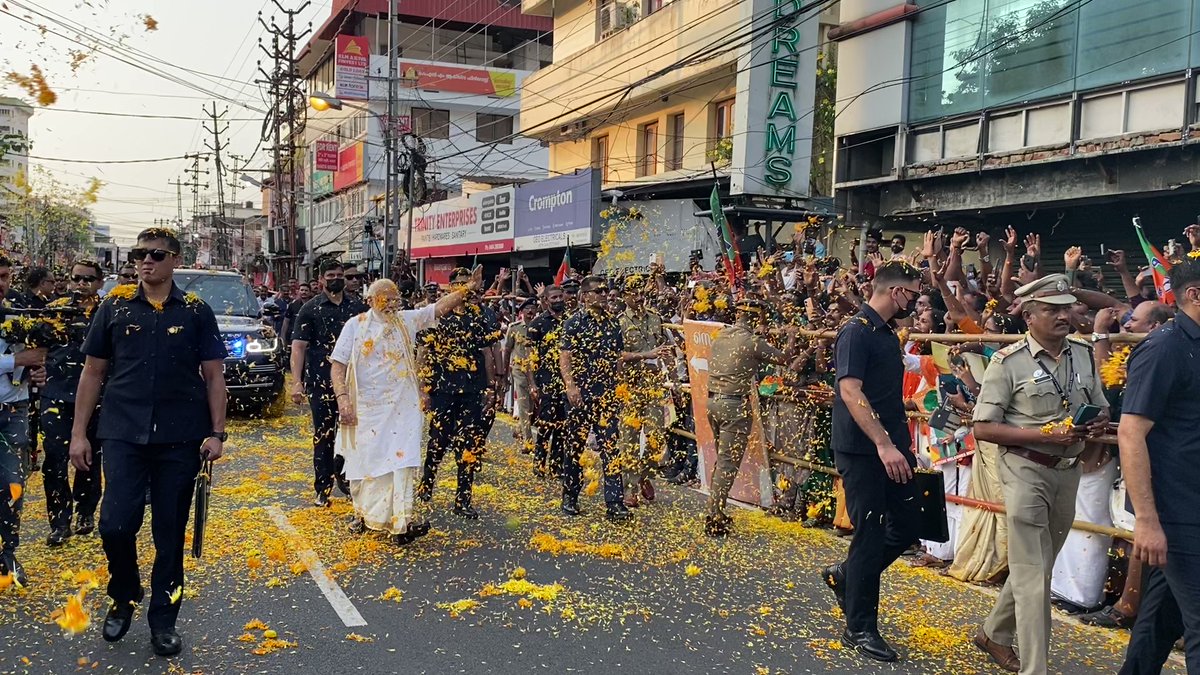
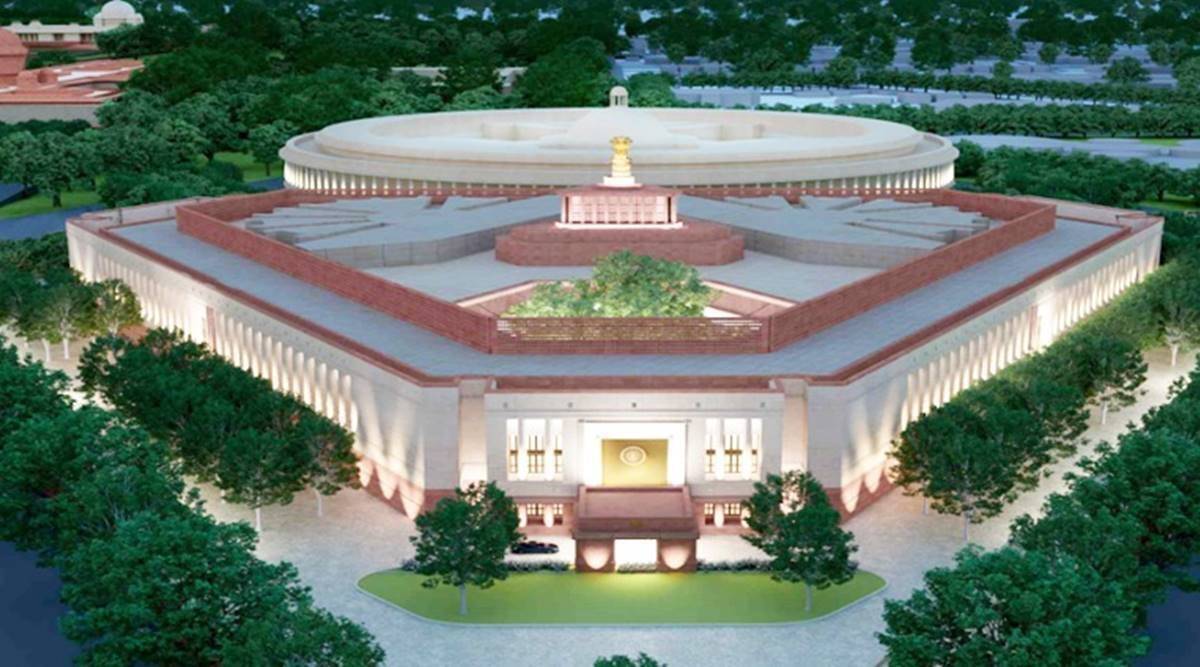

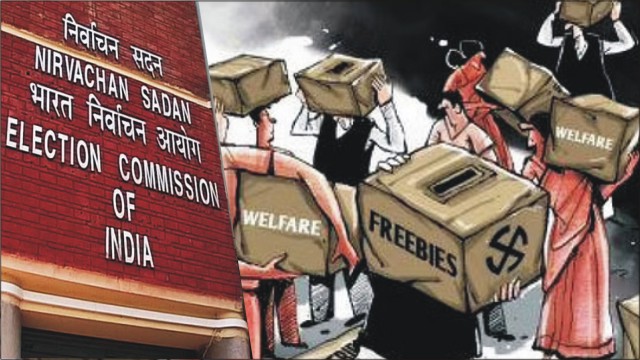






Comments (0)